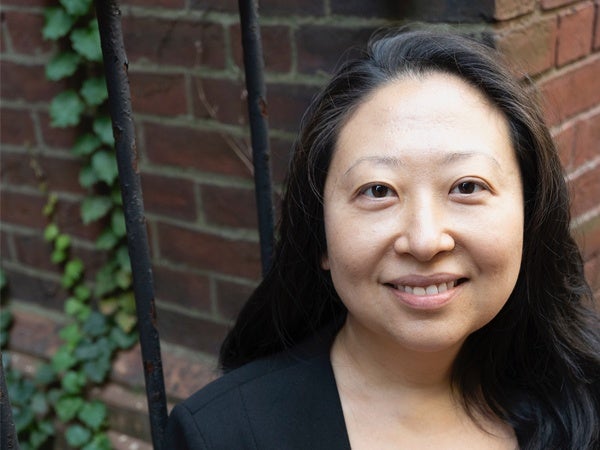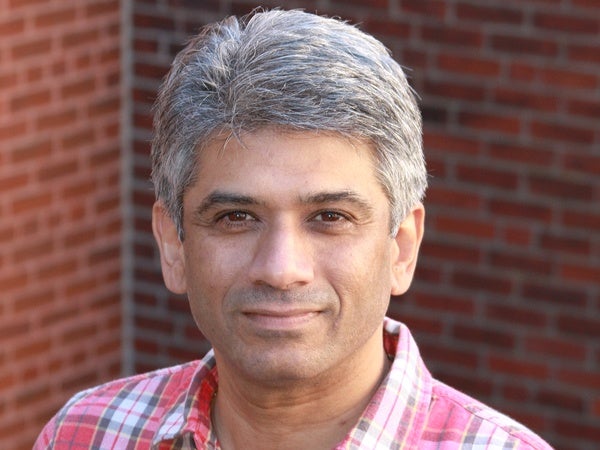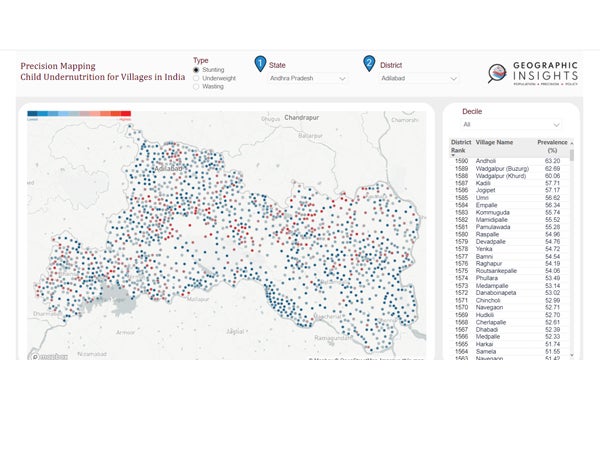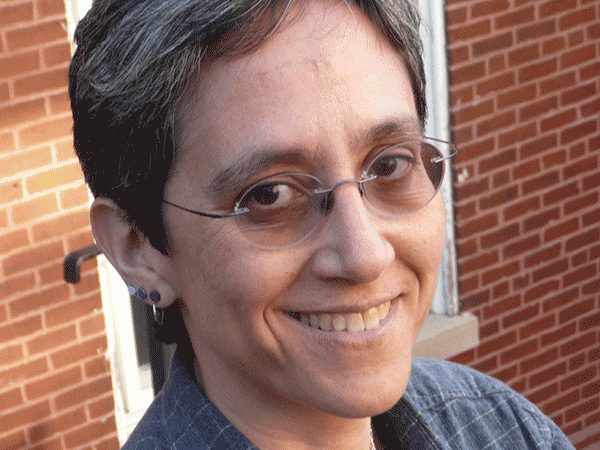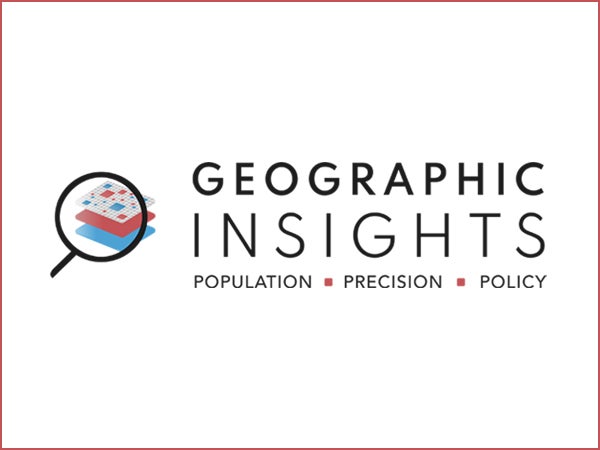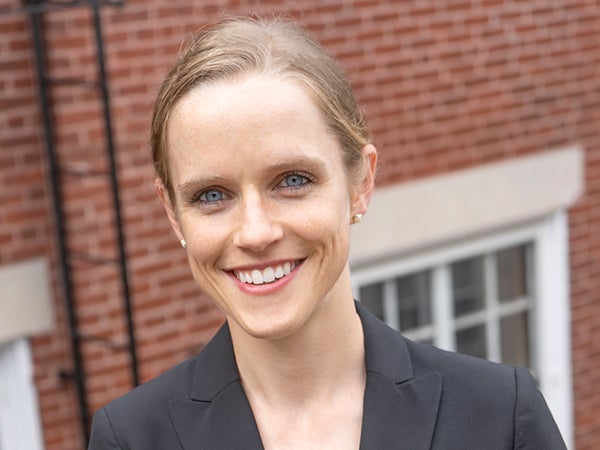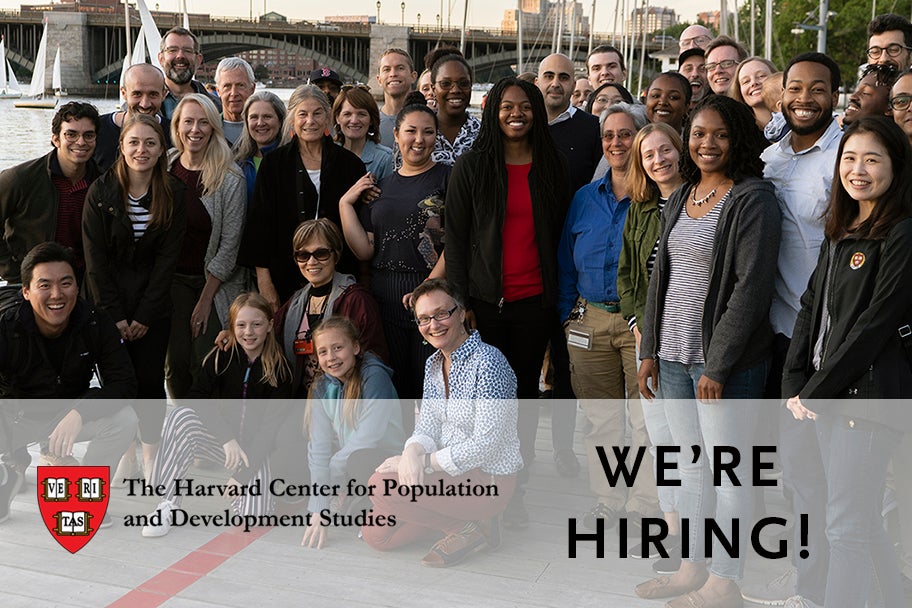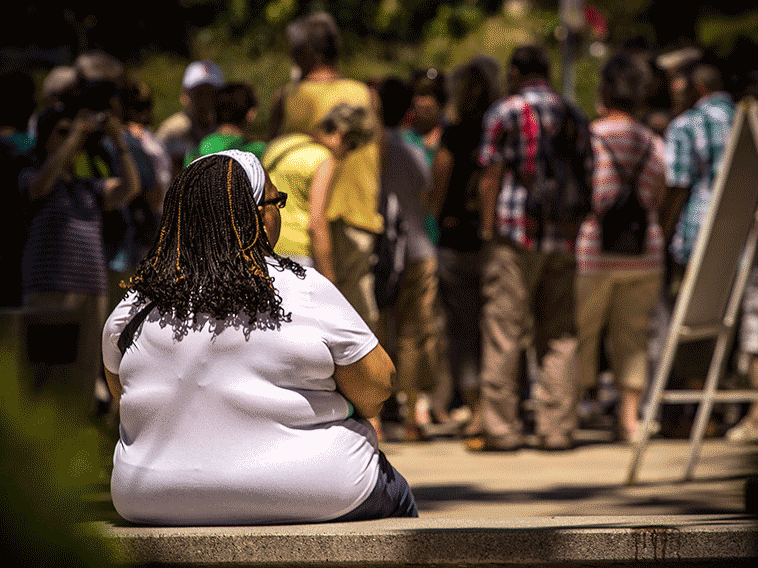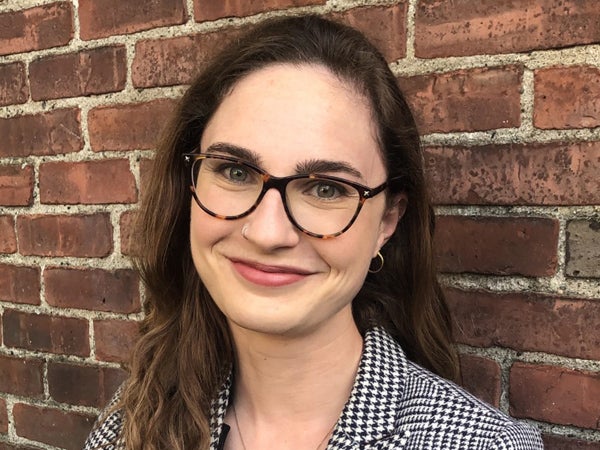Harvard Sloan Fellow on Aging and Work, Sung S. Park, PhD, shares findings of her study published in The Journals of Gerontology on the differences in mental and physical health among non-caregivers, short-term caregivers, and long-term caregivers during the COVID-19 pandemic in this New York Times piece.
“In India, anything and everything is a super-spreader event”
Harvard Pop Center faculty member S (Subu) V Subramanian, PhD, tells The Harvard Gazette that “in India, anything and everything is a super-spreader event.” A visualization dashboard of COVID-19 vaccine distribution in India by Subramanian’s Geographic Insights Lab was also cited by The New York Times in an article describing the recent and devastating surge of infections in the county.
PGDA study examines the role of chess performance on cognition
The Program on Global Demography of Aging at Harvard (PGDA) has launched a study examining the role of chess performance on cognitive ability. The Chess Cognition Study is led by PI David Canning. The study is currently looking for volunteers to complete a virtual interview, which includes a series of cognition tests. Participants must be at least 50 years of age, a member of the United States Chess Federation (USCF), and…
Continue reading “PGDA study examines the role of chess performance on cognition”
First study to map child undernutrition in India by village shows greatest variation at these micro levels
A study published in PNAS by Harvard Pop Center Visiting Scientist Rockli Kim, ScD, faculty member S V Subramanian, PhD, and colleagues that utilizes “state-of-the-art data science techniques” to map and predict child undernutrition across the nearly 600,000 villages in India now provides governments at the most local level with this critical information about their constituents. To learn more about the potential value of such breakthrough, precision mapping, read the…
Krieger et. al. call for medical journals to publish more empirical studies on racism and health
In this analysis published in Health Affairs, Nancy Krieger, professor of social epidemiology, and her colleagues take a look back at how many times the word “racism” appears in a search of scientific literature published over the last three decades by four of the world’s leading medical journals. The authors have also authored this piece published in Time Magazine that introduces the findings of their study to a wide and…
Geographic Insights Lab rolls out two new interactive dashboards: one for tracking NFHS data in India, the other for COVID-19 vaccination by U.S. congressional district
The National Family and Health Survey (NFHS) provides critical data on India’s health, nutrition, and population indicators. The Government of India utilizes many of these indicators to formulate policies and track its progress. The team at Geographic Insights Lab presents an interactive dashboard that systematically allows multiple stakeholders to compare 55 indicators for 300+ districts in India. These indicators can also be compared across 300+ Parliamentary Constituencies in India with…
Honing messages about potential harms to health from sugary drinks
Harvard Bell Fellow Anna Grummon, PhD, is an author on this study published in Appetite that looks at which “health harms” participants (a group of over 1,000 parents in the U.S.) were most aware of, and which ones most discouraged them from buying sugary drinks. “These findings suggest health messages focused on a variety of health harms could raise awareness and discourage sugary drink purchases.”
We’re Hiring a Data Compliance Coordinator!
If you have experience with research protocols, data use agreements, and the storage of datasets (or know someone who does), please explore (or share) this new job posting!
The dangers of ignoring the other epidemic during the COVID-19 pandemic
Jason Block contributes his public health expertise to this op-ed in The Washington Post on the acute (and chronic) risks of ignoring the obesity issue in the U.S. “The reason obesity is so stigmatized is that people think of weight as a choice . . . It’s especially unfair when we have a society that makes opportunities to gain weight so ubiquitous.”
How are changes in working status due to COVID-19 impacting the mental health of those Americans close to retirement age?
Harvard Pop Center’s Sloan Fellow on Aging and Work Leah Abrams, PhD, and recent Harvard Bell Fellow Lindsay Kobayashi, PhD, along with a colleague, have published their findings which reveal that workers who lost their jobs (more commonly associated with those who were under age 65 and those with less than a college degree), were furloughed, or experienced a reduction in hours suffered from increased loneliness and depressive symptoms, whereas…
